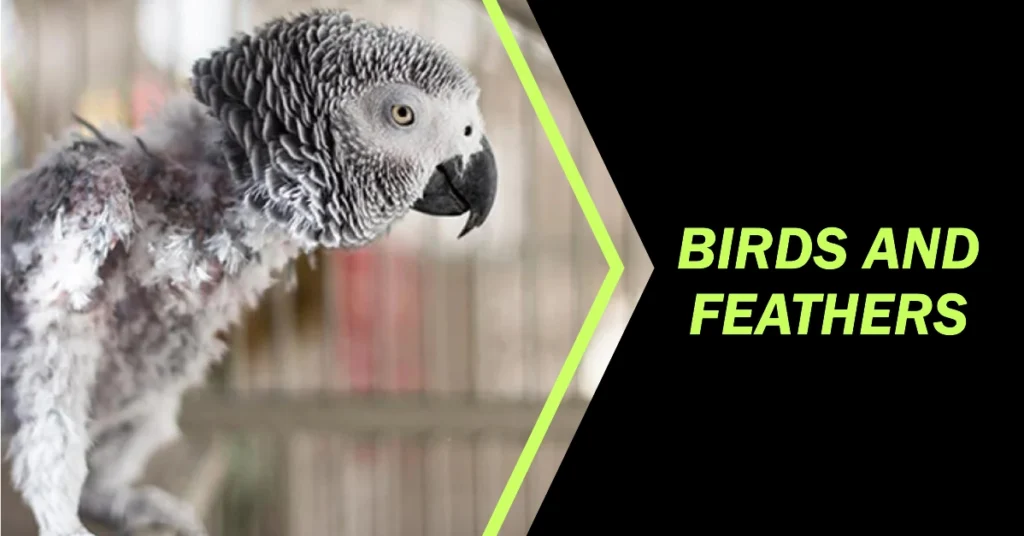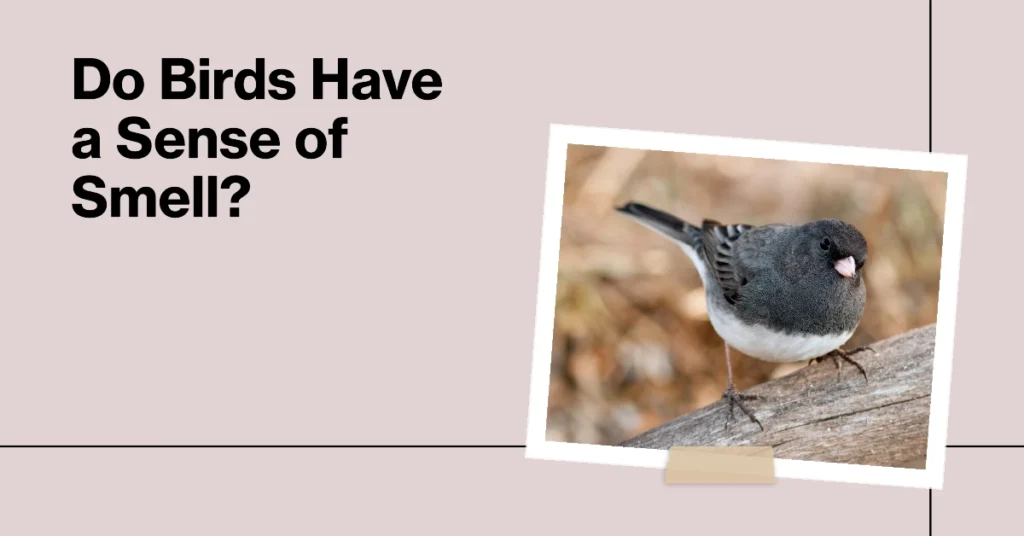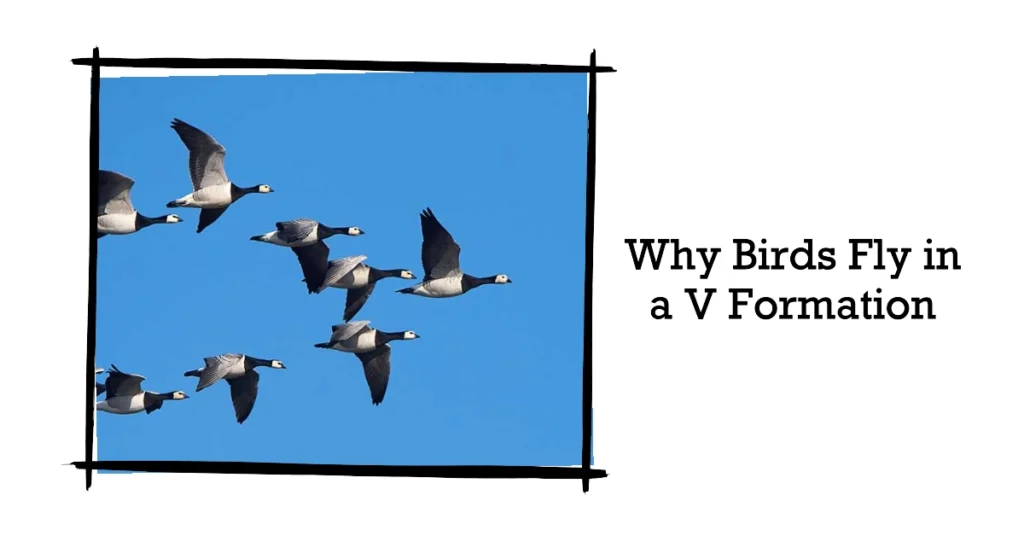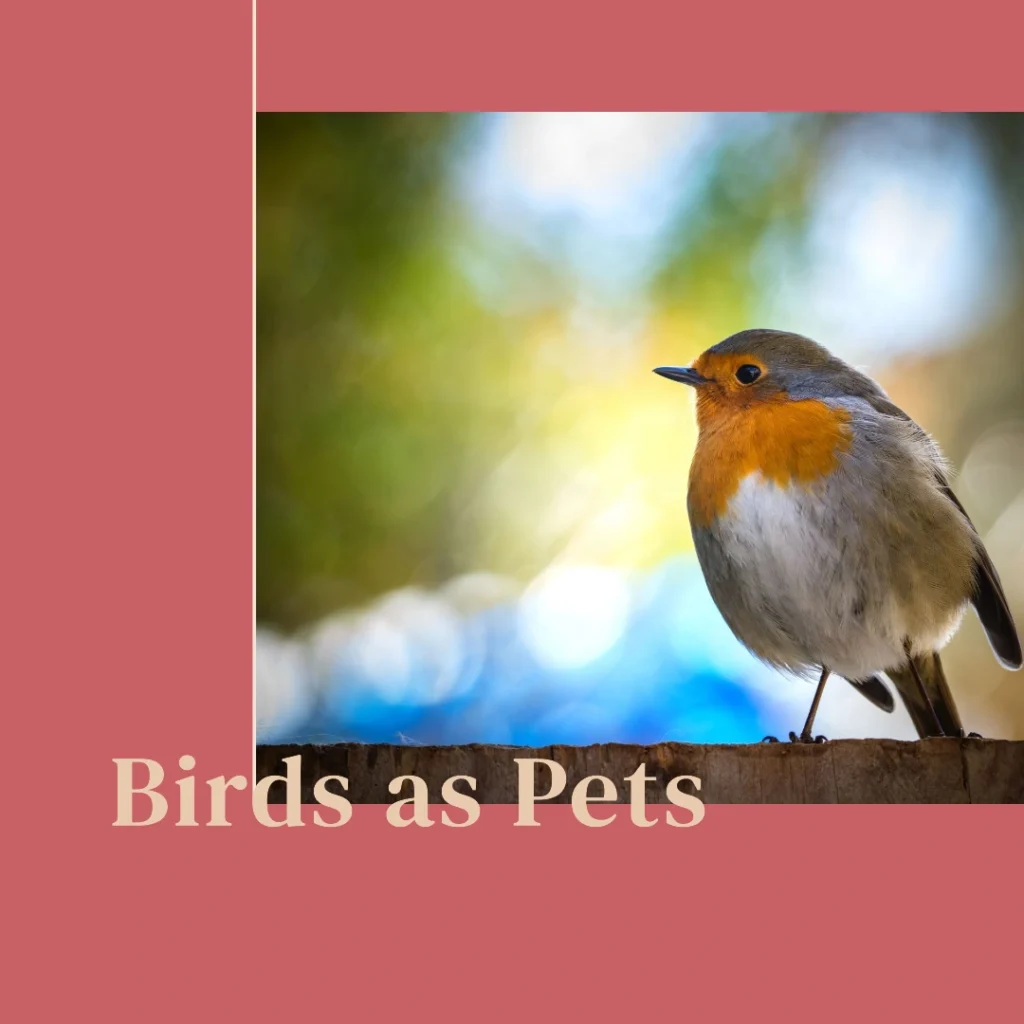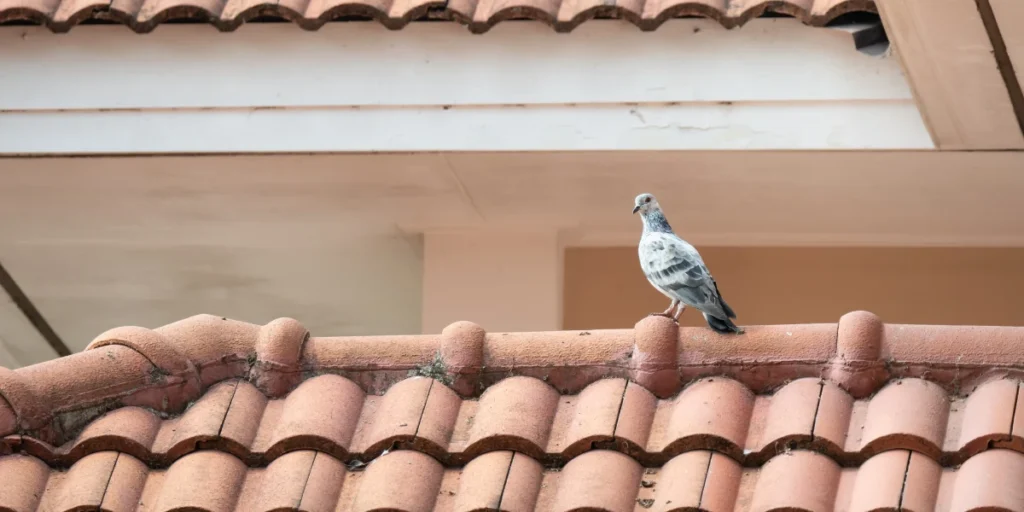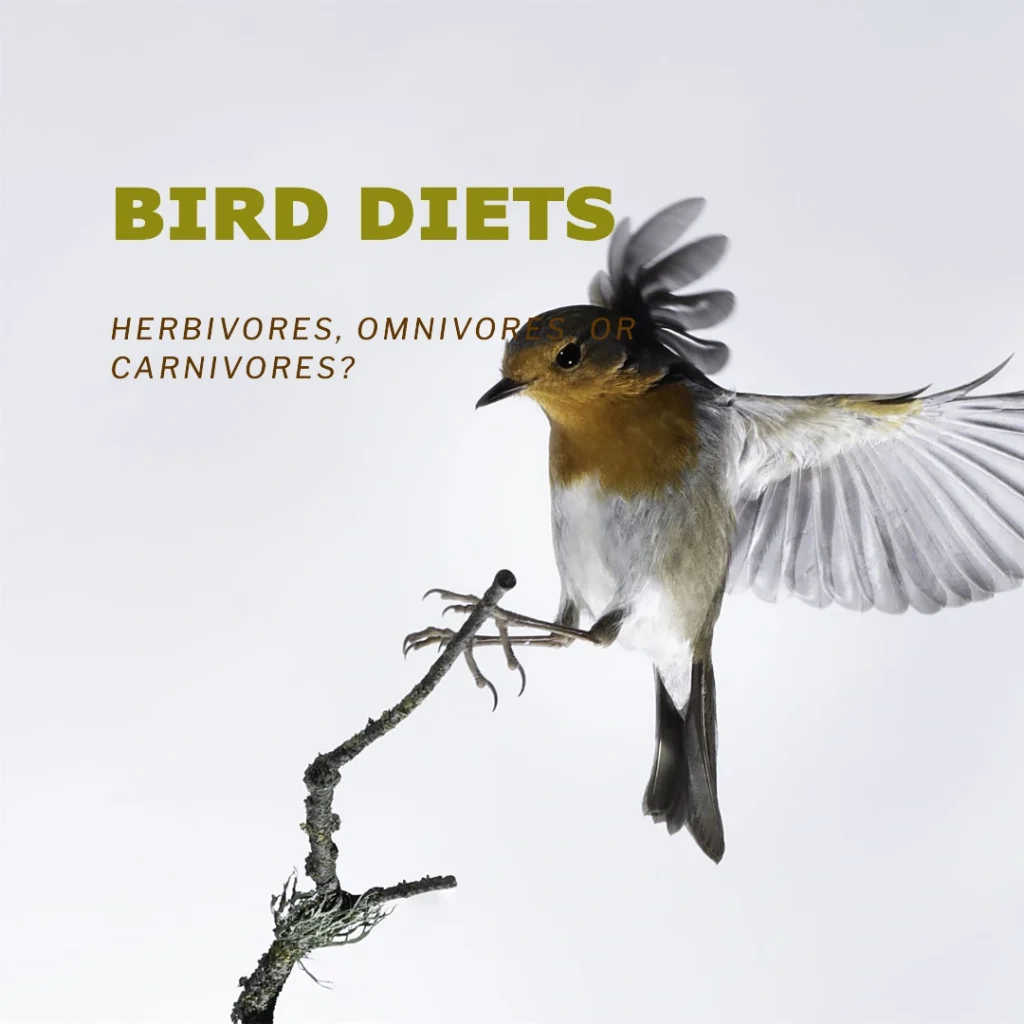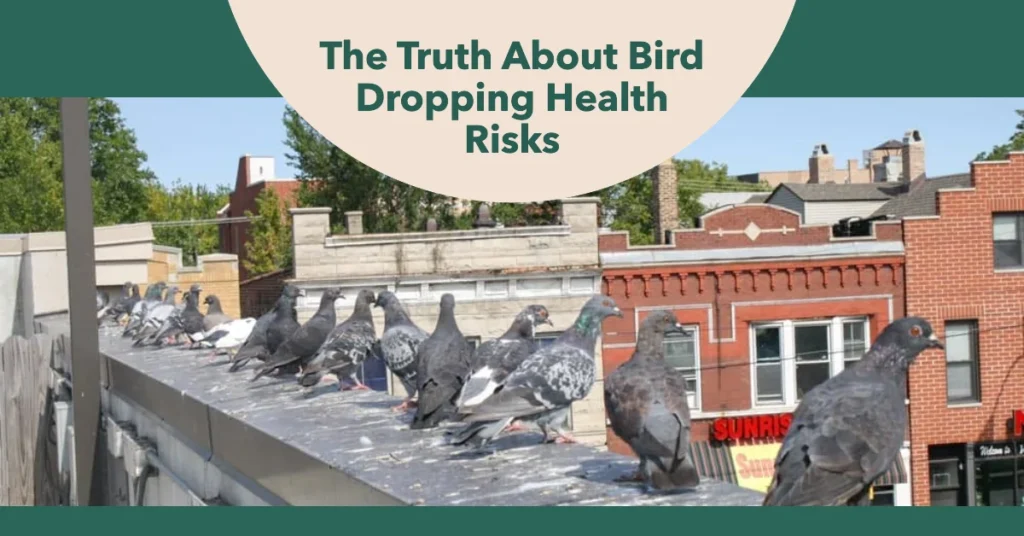
Bird droppings are a common sight in cities, parks, and rural areas. While they may seem harmless, they can pose significant health risks to humans. This article explores the dangers associated with bird poop, focusing on diseases transmitted through pigeon droppings and other bird excrement.
Understanding the Risks
Bird droppings can carry over 60 diseases, making them a potential health hazard. Diseases such as histoplasmosis, cryptococcosis, and psittacosis are associated with bird and bat droppings. These diseases can affect the respiratory system, central nervous system, and even lead to fatal outcomes in severe cases.
Common Diseases Found in Bird Droppings

- Histoplasmosis: A respiratory disease caused by a fungus found in bird droppings. It can become airborne and inhaled by humans, leading to infection.
- Cryptococcosis: Another fungal infection that begins in the lungs and can spread to the brain, caused by yeast found in pigeon droppings.
- Psittacosis: Also known as parrot fever, this bacterial infection can lead to pneumonia-like symptoms. It is spread through inhaling dust from bird droppings.
High-Risk Groups
Certain individuals are at a higher risk of developing severe health issues from bird droppings. These include:
- People with compromised immune systems
- Infants and elderly individuals
- Farmers, construction workers, and others who work in environments where bird droppings are prevalent
Preventive Measures
To minimize the risk of infection from bird droppings, consider the following precautions:
- Wash Your Hands: Always wash your hands thoroughly after coming into contact with bird droppings.
- Cleanup Safely: When cleaning areas contaminated with bird poop, wear protective gear such as gloves and masks to avoid inhaling dust or spores.
- Control Bird Populations: Implement bird control measures to reduce the number of birds roosting and nesting in your vicinity.
Cleaning Up Bird Droppings

Proper cleanup of bird droppings is essential to prevent the spread of diseases. Here are steps to safely clean areas contaminated by bird poop:
- Wear Protective Gear: Gloves, masks, and protective clothing should be worn to avoid direct contact with droppings.
- Wet Cleaning: Moisten the droppings with water to prevent dust from becoming airborne.
- Disinfect: Use a commercial-grade disinfectant to clean the area thoroughly after removing the droppings.
- Proper Disposal: Dispose of contaminated materials and cleaning supplies as hazardous waste according to local regulations.
Conclusion
While bird droppings may seem like a minor nuisance, they can pose serious health risks. Diseases such as histoplasmosis, cryptococcosis, and psittacosis are associated with bird poop, especially pigeon droppings. By understanding these risks and taking appropriate preventive measures, you can protect yourself and your community from the potential dangers of bird droppings.

